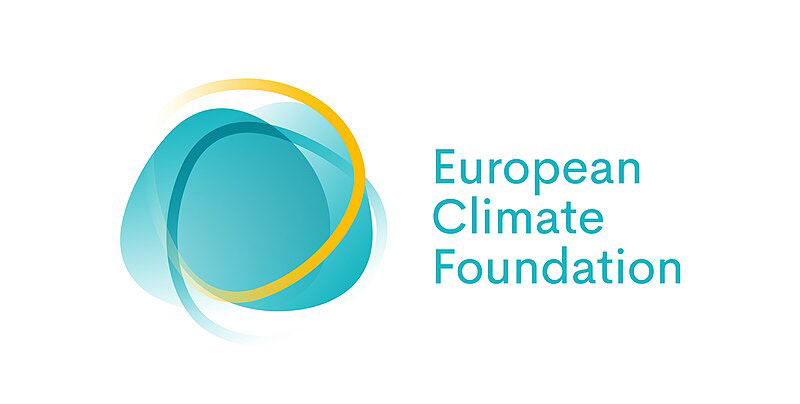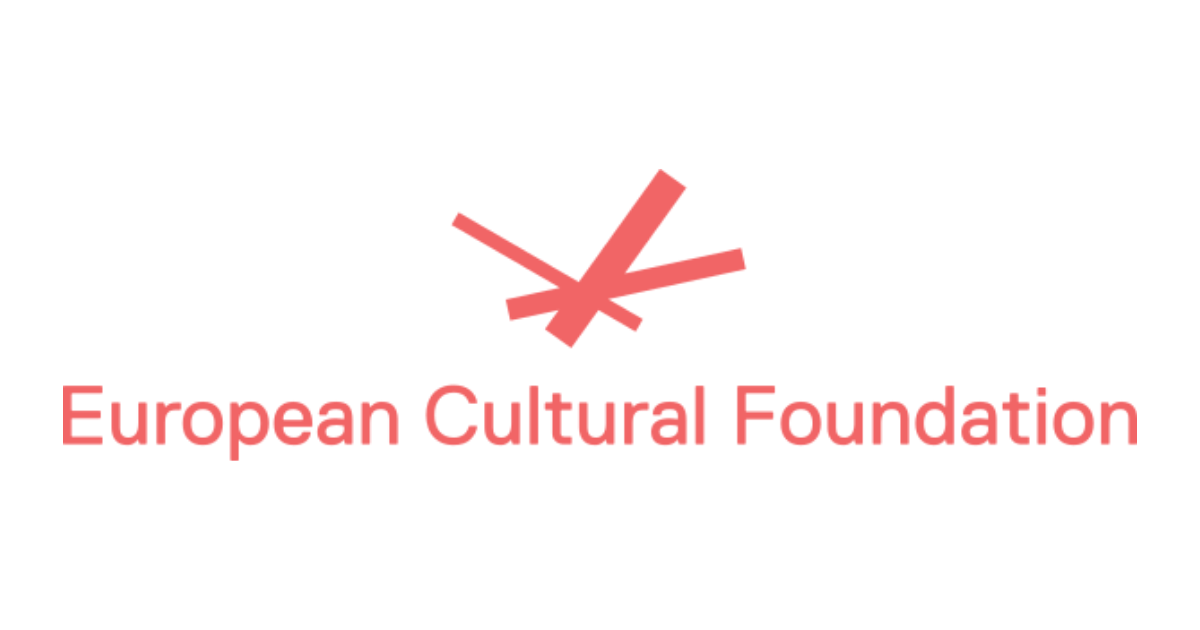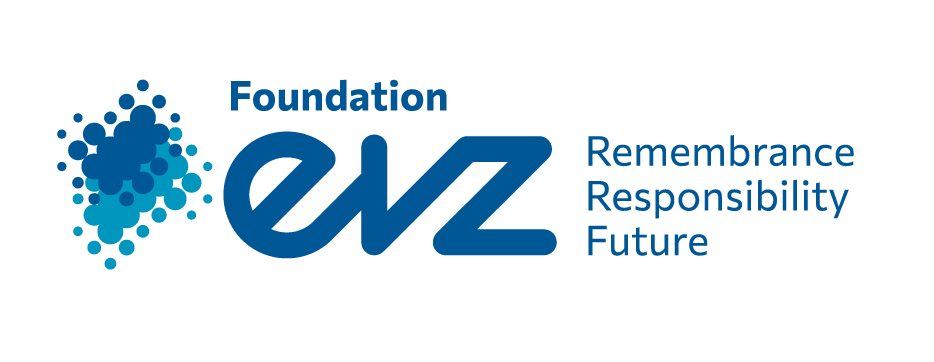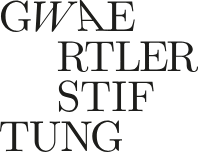In the Living Forest, the economic system is an ecological web; the natural world is also a social world.
Kawsak Sacha – Living Forest
A proposal of the Kichwa people of Sarayaku for a new protected areas categorie.
A proposal of the Kichwa people of Sarayaku for a new protected areas categorie.
Kultura Kresu, which translates to "The Culture of Ends," was born from a deep intuition—an awareness of standing at the threshold between life and death, the past and the future. The foundation emerged from Kasia Hertz's deep experience navigating the liminal space where ecosystems decay and regenerate, where human consciousness shifts in response to ecological collapse. At its heart, Kultura Kresu is a practice of bearing witness—of being present, with an open heart and awareness, to the imminent transformations in both the natural world and human society.
The foundation embodies this liminality, facing the shadows of collapse, extinction, and environmental degradation, but not as passive observers. It calls for an active, creative response to these challenges—a way of telling stories that illuminate the unseen, and engage with the darkness to discover new forms of resilience. Kultura Kresu invites us to stand in this space of endings, acknowledge the fragility of our world, and cultivate new ways of being that honor both the inevitable shifts in nature and the potential for new growth.
Through artistic and ecological practices, the foundation serves as a beacon, shedding light on what is often ignored or feared. It encourages collective awareness, sparking dialogue and creative collaboration that confronts the unknown with courage and imagination. This work is not about restoring the past but about embracing the liminal moment we find ourselves in, transforming endings into beginnings through art, storytelling, and deep ecological awareness.
Kultura Kresu is an embodied system of ideas, teachings, and stories, growing out of direct participation and embodied experience of the natural forest ecosystem. Using the tools of human communication - voice, words, visual narrative, technology - we seek to translate messages and perspectives from the non-human world; plants, animals, entities, earth, water, fire and others, to reweave a shared story of life, while ending the myth that has brought us to the brink of extinction, the myth of the separation of human culture and bio-culture.
We conclude that to understand today's crisis, one must immerse oneself in the landscape of the environment and activate deep listening and deep feeling. We are facing a decline in imagination, a decline in values and spirituality, especially in Western culture and societies. We are deprived of the time and access to wisdom that would allow us to understand ourselves in a close relationship with the environment and activate a specific attentive and generous sensitivity. Surrounding ourselves with artificial comfort, a multitude of choices, unlimited access to information at any time, without a solid ground of connection to our intuition, nature, inherited generational knowledge of the sources of peace, prosperity, health and sustainability, the misregulation of the nervous system that we experience every day, the constant threat of global destabilization due to climate catastrophe and conflict, we are unable to put effort into the present, into seeking true knowledge, asking the right questions.
Kultura Kresu has adopted the goal of trying to reclaim the collective and individual imagination, asking the most uncomfortable questions, creating, documenting, recording events, providing emotional support, connecting entities (individuals, organizations, institutions, places, communities) to share knowledge, experience and accumulated resources, using the tools of culture, art, film, technology, science and various traditions of storytelling about the most pressing needs such environmental education, crisis intervention, trauma work, supporting systemic, economic, cultural, social, environmental change. Our basis is the idea of biomimetics - a direct adaption of knowledge from existing, organic structures.
Environmental context
Kultura Kresu is located in Bialowieza Forest, which is a perfect meeting point to explore the diversity of perspectives. The area is described as one of the best preserved natural ones in Europe, with the most significant number of nature reserves, including the unique part of the forest (UNESCO status) shared with Belarus - Bialowieza National Park - the last primeval forest in Europe, a largely unchanged fragment of the original lowland forest that once covered most of the continent. The social world of Podlasie, however, is not inferior to its unique natural qualities; on the contrary, the region seems to be an ideal lens for demonstrating the inseparability of nature and culture, mutually inspiring and driving the development of cultural and natural resources and the resulting specific nature-related practices that are pervasive throughout the region. As a border region that has always been associated with dynamic social change and the coming together of various ethnic and national groups: Russian and Polish, Ukrainian, Belarusian, Lithuanian, Jewish, Tatar, Roma, and others, it is extremely complex and multidimensional in terms of the social relations and identities of its inhabitants created under such conditions. The melting pot of cultures, religions, languages, and histories creates a space of constantly clashing discourses and dynamically updated practices of constructing identity and living in these areas.
Get in touch!
For the last few years, we have been involved in a variety of practices at the intersection of art, film, cultural animation, curatorial work, field research, activism/social work, and humanitarian aid. Our plan is to constantly expand our network of collaboration and allies so if you feel like this is the right space for you, get in touch with your idea, organization, or project!
Our projects have been already supported by:



